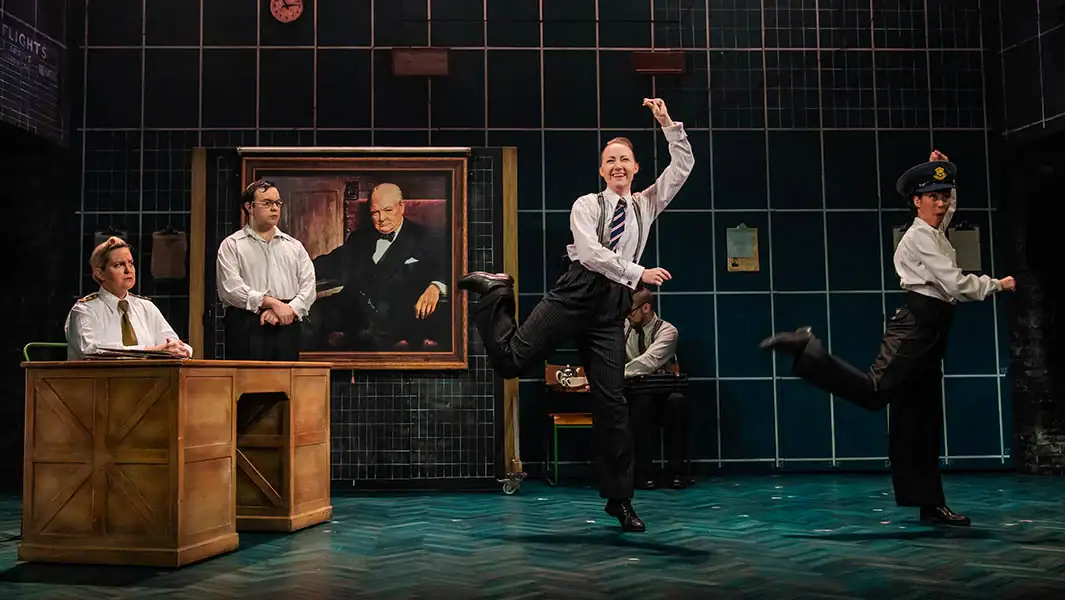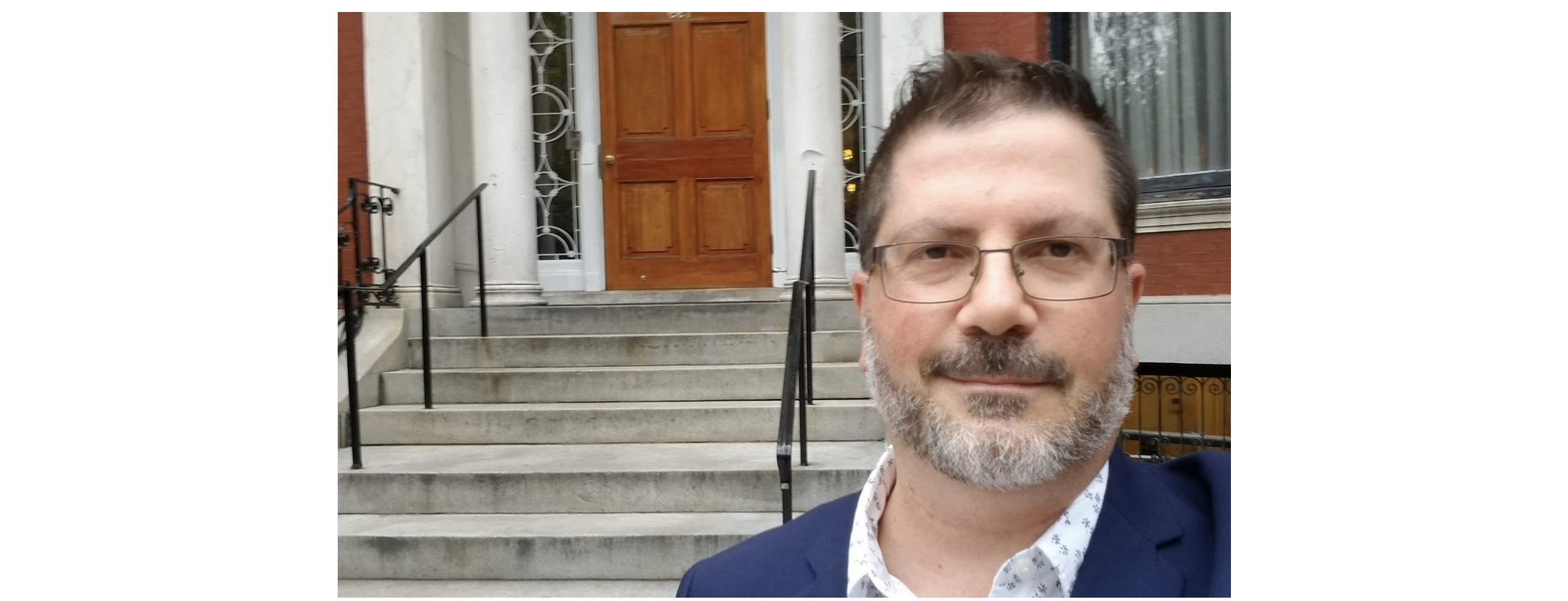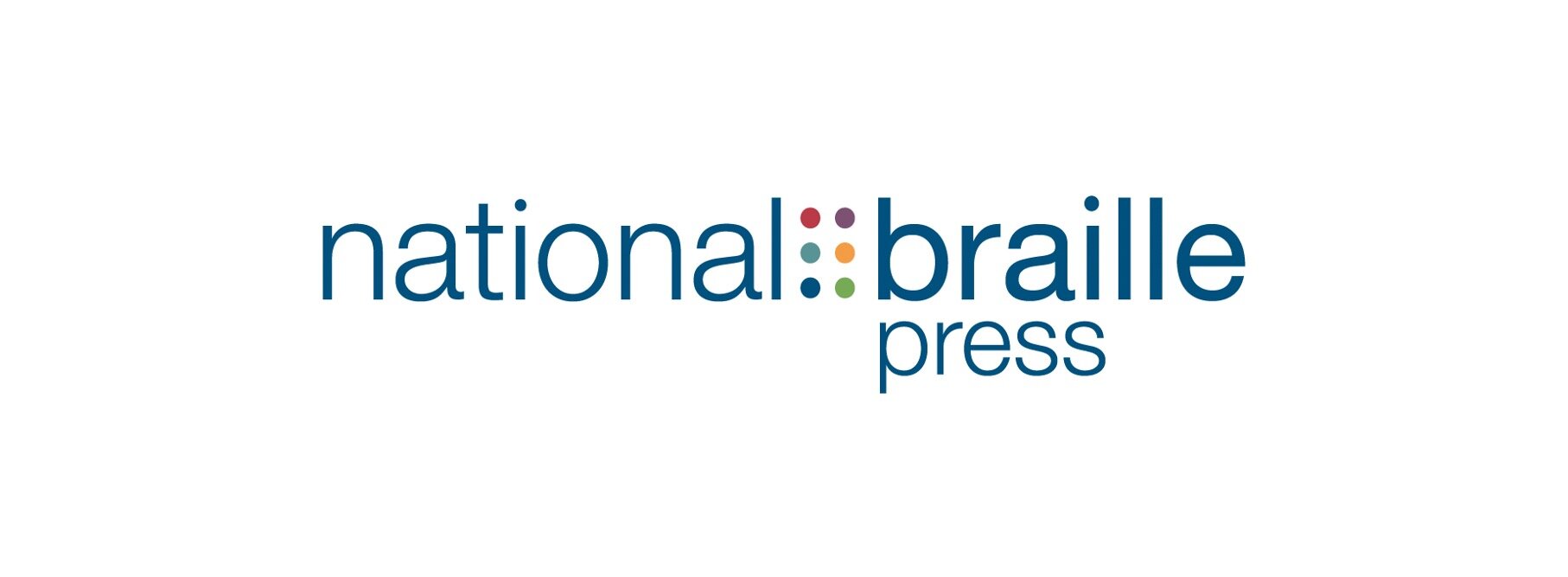
Our Town, Thornton Wilder’s Pulitzer Prize-winning drama about small-town life (US/UK), is now available in a braille edition, thanks to an organization called National Braille Press. The new edition, available here from NBP, is one of several play scripts the organization has published in braille, making these classic theatre pieces accessible to a whole new audience of readers and performers.
We chatted with Tony Grima, Vice President of Braille Publications at NBP, about the release of this iconic title, the challenges blind actors have historically encountered in the theatre, and the benefits of scripts published in braille.
…
Concord Theatricals: Tell us a little bit about National Braille Press. How and why was it founded?
Tony Grima: National Braille Press was founded in 1927 by a blind Italian immigrant. During World War I, Francis Ierardi realized there was no source of current world and news media available for the blind, with most blind people relying on family and friends to read them the news. So, in 1918, Francis began his quest to bring a braille newspaper to life, and nine years later, the first issue of The Weekly News was published.
Today, NBP has expanded beyond a single weekly publication and produces many braille materials for the blind community including books, tests, textbooks, technology books, children’s books, airline safety guides, and more. Known as a leader in producing high quality braille, NBP’s reach now also includes developing children’s literacy programs as well as designing and promoting refreshable braille technology tools. We promote braille literacy as an important employment and general living skill. We price these materials to be affordable, and we distribute them nationally and across the globe. NBP provides braille transcription and braille production services to like-minded organizations and to businesses to support braille and accessibility for all.
How did you, personally, become involved with National Braille Press?
I’ve worked in publishing for my entire career. I worked mostly at small niche publishers in the Boston area; the largest publisher I worked for was Houghton Mifflin (now Houghton Mifflin Harcourt). I loved HM, but after leaving there, I gravitated back to smaller, nonprofit companies that had missions that aligned with my goals and beliefs. In 2001, I was reading Publishers Weekly and noticed a small ad/job posting for a Marketing Manager at National Braille Press. I read up on NBP and loved the mission and the work they were doing – and it turns out that the office was within walking distance of my house. I applied and after six months of casual but persistent notes and emails, they decided to give me a chance. The job turned out to be less marketing manager and more assistant to the publisher, and that was an even better fit for me.
The Publications Department at NBP is like a small publishing company within the larger braille-producing business. My department creates books and products that we sell directly to braille readers, and to the parents and teachers of braille readers. We commission original books from blind authors on topics specific to blind adult readers, like how to use an iPhone, or the ins and outs of using dating apps as a blind person. We create original books for younger blind readers – like science experiments or recipes that are tailored for blind kids – and reproduce popular kids’ picture books like The Day the Crayons Quit or Frog and Toad Are Friends. We have everything from board books for babies to a book about navigating the healthcare system as a blind person.
NBP has promoted literacy for decades, through educational programs and printing of textbooks, novels, and other literature. What made you decide to start printing plays?
Several things came together to make us start producing play scripts in braille.
Personally, I was involved in theatre in college, both acting in a handful of productions and taking a few theater classes. And my second job after college was as a customer service rep at Baker’s Plays in downtown Boston, which sold and licensed play scripts mostly to schools and community groups. (After I left, Baker’s was absorbed by Samuel French, which then became absorbed by Concord!) And, long before I worked at NBP, a blind friend told me a story that always stuck with me: His middle school was planning to mount a play – Peter Pan, I think. He was interested in being part of it, but the teacher/director said she did not have any braille play scripts, so he would not be able to audition.
At NBP, our catalog has a bit of a hole in its offerings, for high-school-aged kids. We have a ton of books for kids from birth to about middle school, and many materials for older or adult readers, but little for that tricky older teen range. We have been trying to address that recently (for example, we have a brailled SAT prep book in the works).
A year or so ago, I heard a story on This American Life that mentioned the annual lists of most-produced plays in all age groups. I checked it out, and everything I have mentioned above started to come together for me: my friend’s story, NBP’s goal of publishing more to that neglected age group, and just how much I treasure my memories and experiences in theater back in college, to this day. Importantly, too, is NBP’s mission to provide blind people access to all areas of life, from school to employment to civic life.
Putting all of that together, I checked around and found that play scripts were not available in braille. I went back to that list of most-produced plays, and we committed to producing 2 to 4 popular play scripts in braille each year.
And that’s quite a financial investment, isn’t it? I understand costs for producing braille are high.
Yes. One part of NBP’s mission is to provide blind people with equal access to materials. To that end, we keep our prices very low, comparable to what a print book would cost at the bookstore or online. However, making braille books is very expensive. We estimate that making a braille book costs about 3 times more than we ultimately charge customers for it; that is where the “nonprofit” part of our work comes in! But these plays are especially costly to produce. The format is trickier and needs more space than regular text, the work is more precise and requires a lot more attention. In addition, braille is bulky. Therefore, for example, one play script for Our Town cost us about $240 to produce, in two braille volumes, and of course, we sell it for the same price that you charge for it: $10.00.
With other technology available, including audiobooks and other software, what is the advantage of a script printed in braille?
Imagine giving a sighted actor an audio version of a play instead of a printed script to learn the play and memorize lines. It is possible to learn lines that way, but it wouldn’t be anyone’s first choice. And imagine going through blocking, for example, with only an audio book to refer to. Studies show that reading braille affects the reader’s brain in the same ways that reading print does – they are equivalent. If we want to provide blind kids with access and opportunities equal to their sighted peers, then braille is a key part of that, in any educational setting. When it comes to the theater, I think the benefits of braille over other technologies are apparent!
What’s next for NBP’s play library?
We currently have four play scripts available for purchase. Unfortunately, we started this program just in time for the pandemic to shut down schools and theaters, so we never even got the chance to promote our braille play scripts to schools, teachers, and other theater producers. Once everything starts to return to “normal” – meaning schools and theaters are producing plays again – our plan is to continue producing two to four new scripts per year, and figuring out the best ways to let people know they are here!
…
For more information about National Braille Press, visit nbp.org.
For more information about Our Town and other Thornton Wilder plays, visit Concord Theatricals (US/UK).
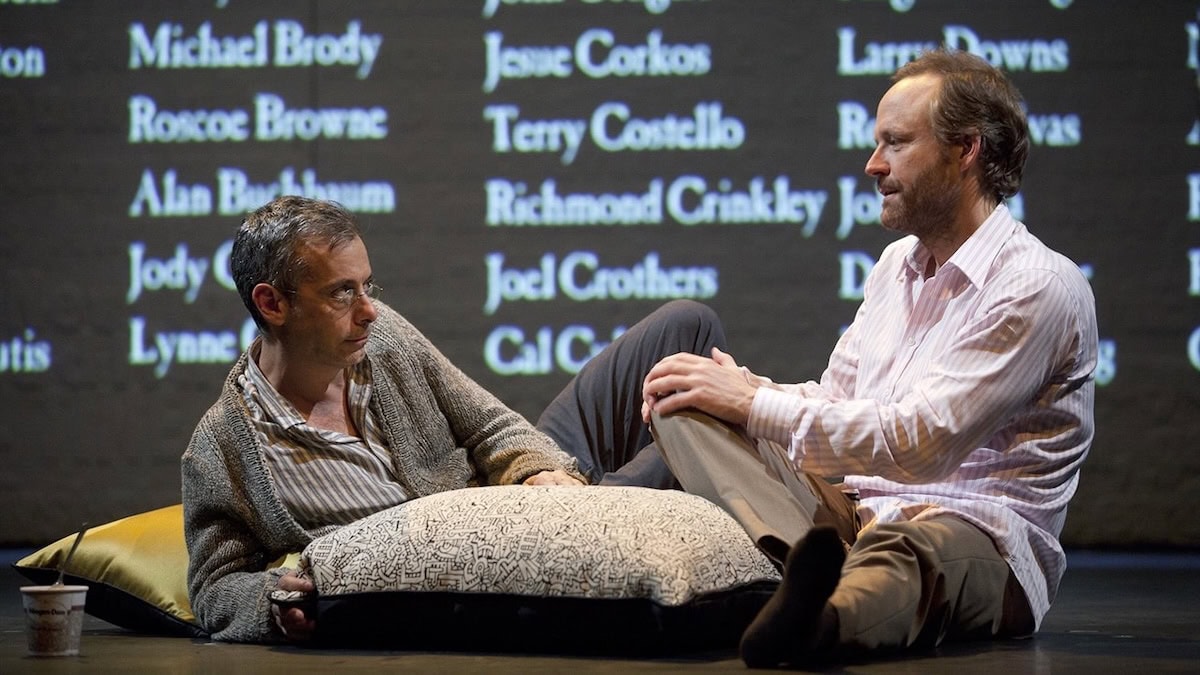
The Truth Behind… The Normal Heart
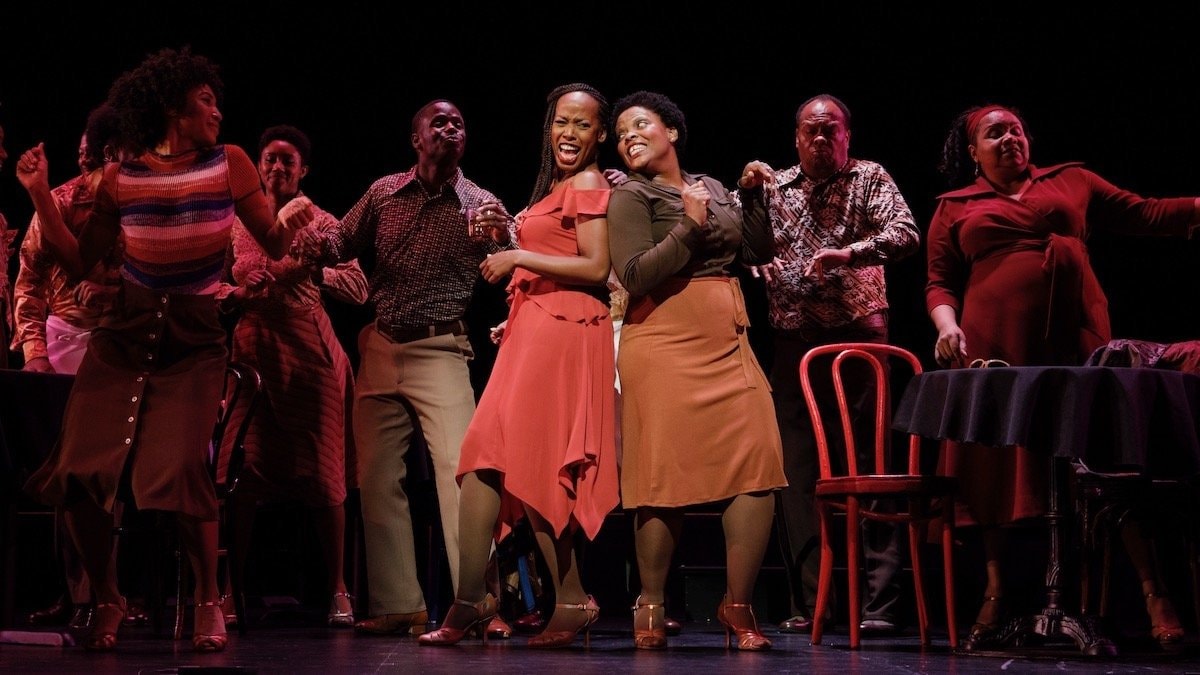
Musical Revues
